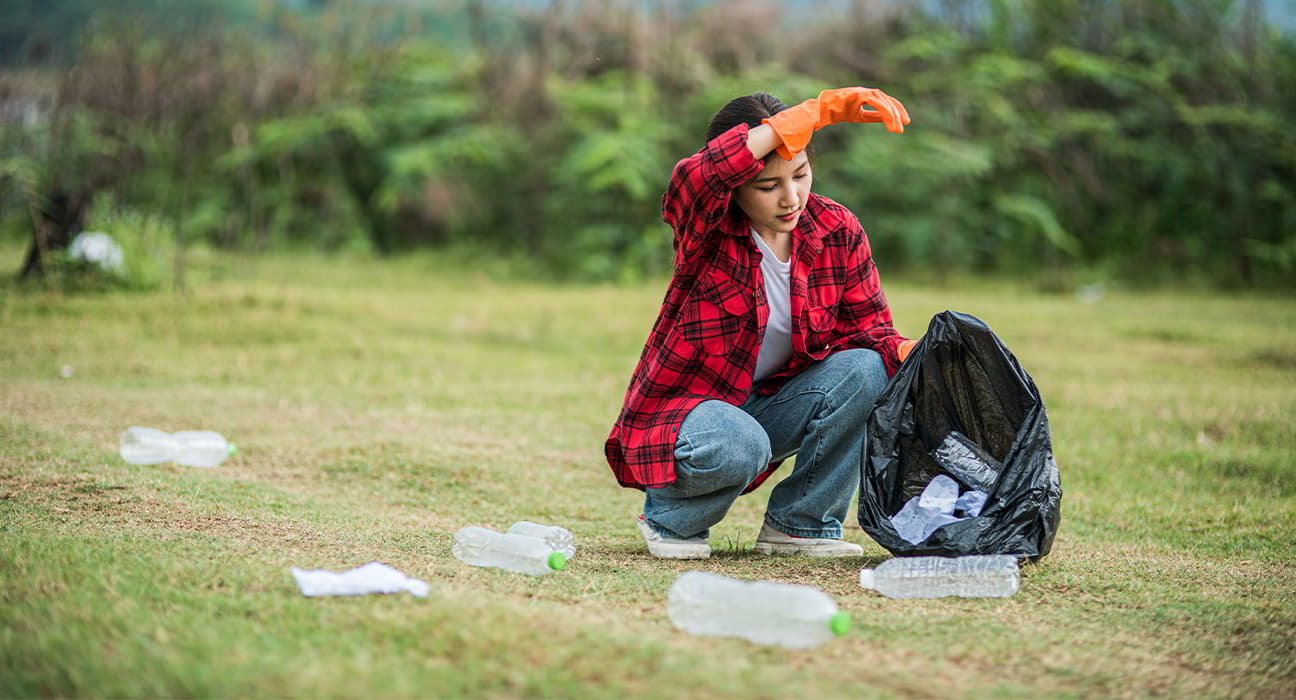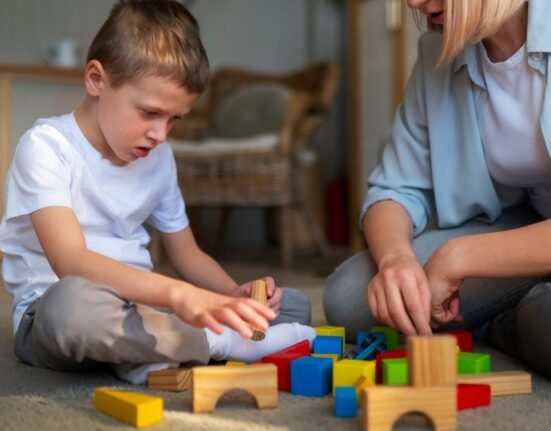In the current scenario of the world, where climate change continues at alarming levels. It is not surprising that youth are experiencing a new phenomenon: eco-anxiety. Eco-anxiety, also known as climate anxiety, describes how individuals emotionally respond to stress, worry, fear, or helplessness due to the climate crisis. Here, we will discuss the concept of eco-anxiety among youth, exploring its causes, effects, and potential solutions.
Read More: Eco-Anxiety: Effective Ways to Cope with Environmental Grief
What is Eco-Anxiety?
Eco-anxiety is one of the newest buzzwords to come about in the last few years. It is defined as a chronic fear of environmental doom. This fear has a foundation in the impacts of climate change that are noticeably coming into plain sight. Higher temperatures, melting ice caps, and extreme climatic events, all help contribute to what’s unsettling young people.
Read More: Eco-Anxiety: Climate Change and Its Impact on Mental Health
Causes of Eco-Anxiety in the Youth
Numerous causes make the youth suffer from this eco-anxiety. Some of the major causes include:
- Government Inaction: The inactions of governments and corporations regarding climate change issues have led to frustration and anxiety within the young generation.
- Experience of Climate Change: Most young adults have either passed through or witnessed an experience of climate change firsthand, either through hurricanes, wildfires, or droughts. This creates fear about the future.
- The Future is Uncertain: The potential damages caused by climate change were a factor that has always created uncertainty about the future. How long will the planet remain like this? In what conditions will the future generations have to live? These are the kind of questions that pop up in everybody’s head, and that nobody has answers to.
- Social Media: News and images of environmental disasters are being filled on each social media platform, and this is creating hopelessness and despair among the young generation. Social media is a great vehicle for the perpetuation of eco-anxiety in young people. Similarly, as social media creates competition and comparison, it forces the person to be greener than others; this is accompanied by guilt, shame, and anxiety.
Read More: Eco-Anxiety: The Psychological Strain of Climate Change
Impact on Mental Health and Well-being
Eco-anxiety leads to impacts on the mental health and well-being of the younger generation. These may include:
- Physical Health Issues: Eco-anxiety could also express itself in physical form with health, such as sleeping disorders and digestive problems.
- Anxiety and Depression: In numerous cases, eco-anxiety results in causing anxiety and depression, destroying the mental health of an individual.
- Loss of Motivation: The feeling of hopelessness and despair that accompanies eco-anxiety might push the person to lose motivation or interest in participating in everyday activities.
Read More: Why does no one seem to care about climate change?
Eco-Anxiety Solutions
Eco-anxiety is quickly emerging as one of the major mental health problems to date; however, there are quite a few solutions that can help lighten the situation so far from tipping out of control. Some of the most effective solutions include:
1. Education and Awareness
If children are made to understand the issues of global warming, the extent to which their respective actions lie would be affected and could motivate and empower the youth to act. Education and awareness could alleviate despair and anxiety by telling people to focus on things that they can assert control over for the environment.
2. Community Engagement
Engagement with like-minded people sharing similar concerns and values helps create a sense of community and brings people out of loneliness and isolation. Community-based solutions provide an opportunity for young people to act and make changes towards the betterment of the environment.
3. The role of parents and caregivers
Parents and other close adults play a big role in the reduction of eco-anxiety among young people. Emotional support and validation may help develop ways of coping with feelings. Parents also engage in environmentally conscious behaviours, such as reducing energy and waste, and encourage eco-friendly practices among young people.
4. Action and Activism
Acting against climate change can take many forms, including participating in protests or petitioning for policy changes that promote environmental sustainability. These collective actions not only raise awareness about pressing issues but also empower individuals to feel like they have a voice in shaping the future. By coming together in solidarity, communities can combat feelings of anxiety and hopelessness, fostering a sense of agency and purpose. Engaging in such activism can help individuals channel their concerns into tangible efforts that promote positive change, ultimately contributing to a healthier planet and a more hopeful outlook.
5. Give yourself a break
Don’t get too immersed in the updates, news and research about the environment. Yes, some things are under our control, but you can’t control everything, and try to accept that. Talk to people around you, and if you think that these feelings are taking over your life. don’t hesitate to talk to a mental health expert
6. Mindfulness and Self-Care
One area for the young population, where mindfulness and self-care are of the most importance is the reduction of the discomfort caused by eco-anxiety. Practicing mindfulness would help improve the level of awareness among people regarding their thoughts, emotions, and body sensations and therefore, help them control their experiences better.
Mindfulness also makes people evolve in compassion and sympathy both towards themselves and towards others, an important element in the healing of guilt, shame, and anxiety. Of course, self-care is also important in the relief of eco-anxiety for young people. Self-care activities are those health promotion activities that embrace care for one’s body, emotions, and psyche as well as activities to promote one’s relaxation and enjoyment.
The cases of eco-anxiety are growing day by day and call for our prompt attention. The cause and effect of eco-anxiety enable us to work towards solutions that will empower young people to take action and establish a better, sustainable future. The requirement for the generation to come would be related to attention regarding mental health and well-being. That attention would go towards empowerment of the youngsters with the tools on how to come to terms with the present fast-changing world, as well as how to thrive in it.
References +
https://www.ncbi.nlm.nih.gov/pmc/articles/PMC9359205
Huizen, J. (2019, December 19). What to know about eco-anxiety. https://www.medicalnewstoday.com/articles/327354#overview
6 tips for coping with climate anxiety. (2024, May 31). Health & Wellness Services. https://www.colorado.edu/health/blog/climate-anxiety













Leave feedback about this